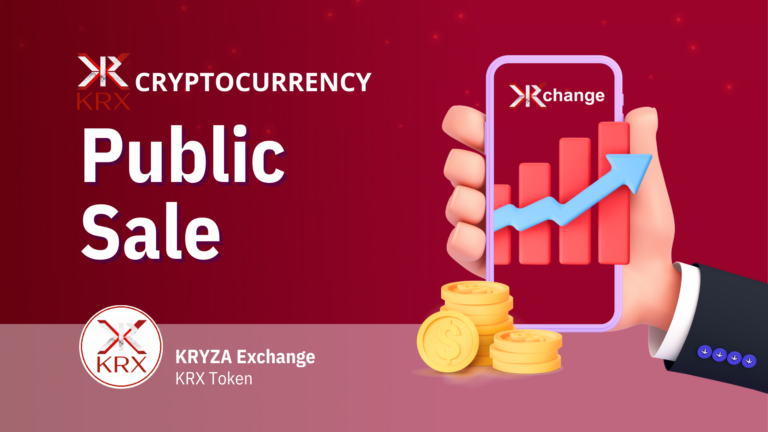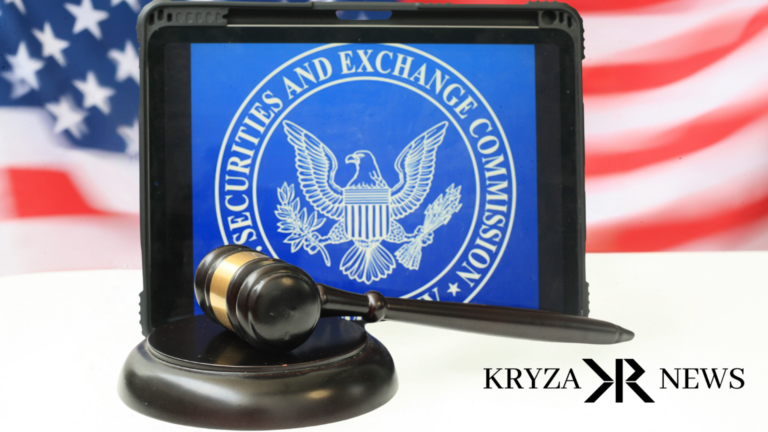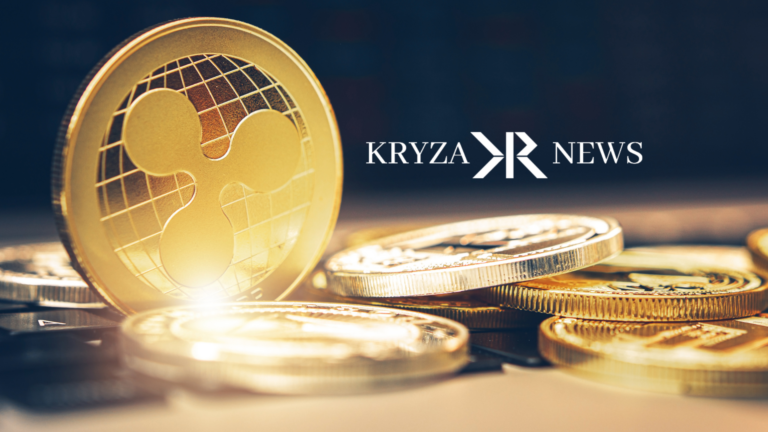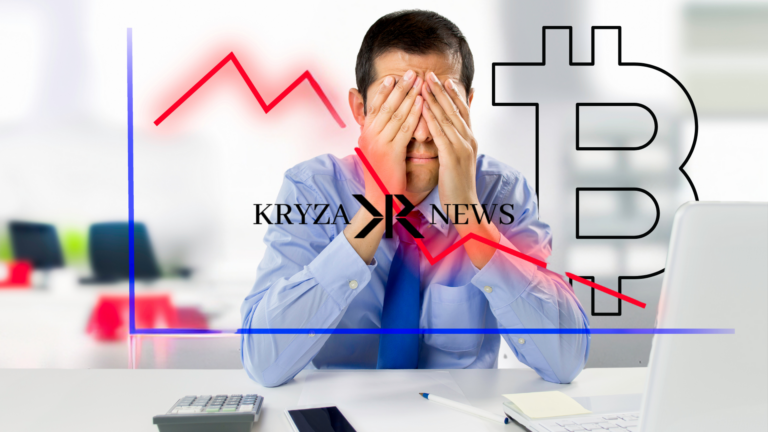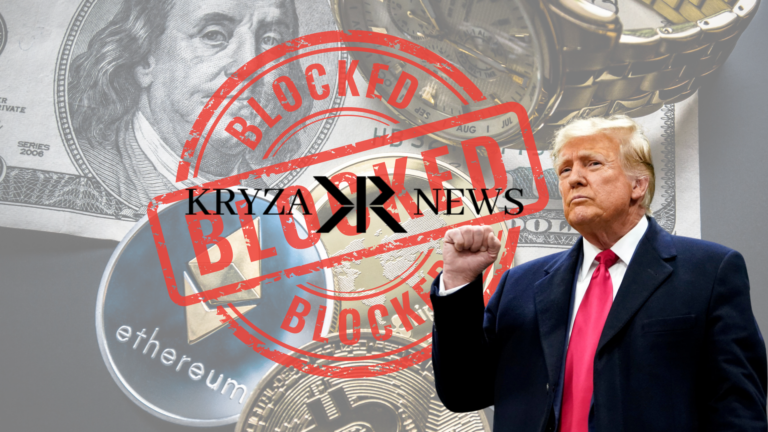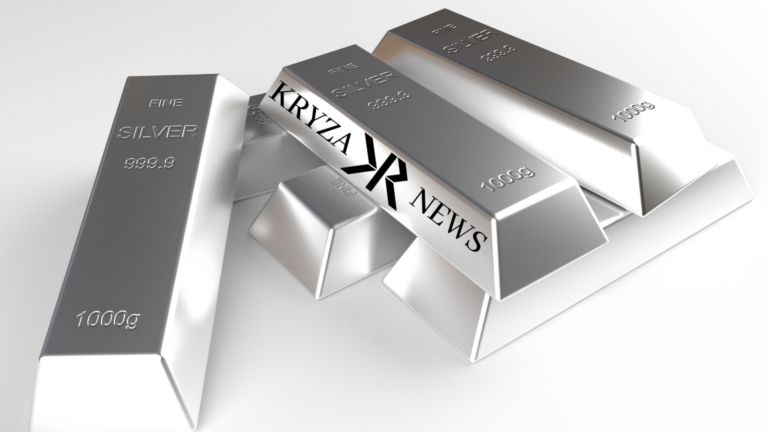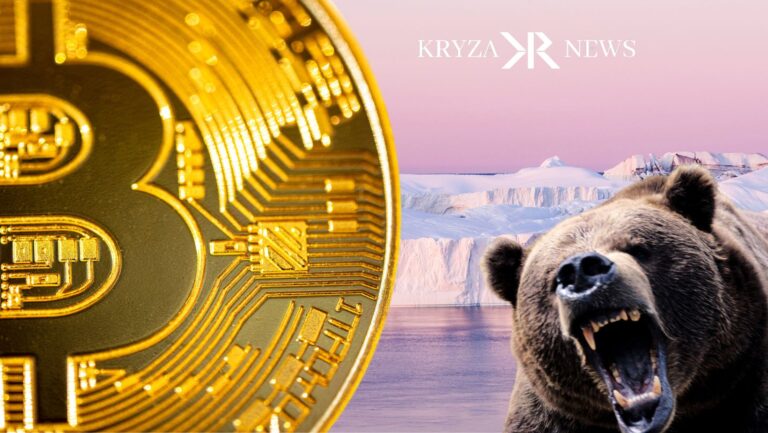KRYZA Exchange is thrilled to announce the opening of its exclusive KRX token to the public through a compelling Public Sale. This exciting opportunity allows participants to dive into the world of KRYZA Exchange, securing not only the highly sought-after KRX token but also unlocking a gateway to groundbreaking developments – the KRYZA DIAMOND blockchain and the revolutionary KRD coin.
What’s In Store for KRX Public Sale Participants?
- Significant Fee Savings: By purchasing a minimum of 50 USDT worth of KRX, participants can enjoy substantial fee savings. KRYZA Exchange goes the extra mile by covering the costs for them, eliminating the need to pay expensive fees on platforms like Uniswap or other DEX.
- Early Access to KRYZA DIAMOND Blockchain: One of the most exciting aspects of participating in the KRX Public Sale is the early access to information about the upcoming launch of the KRYZA DIAMOND blockchain. This advanced blockchain technology will pave the way for a new era in decentralized finance, and KRX Public Sale participants will be among the first to receive exclusive insights.
- Priority in KRD Coin Initial Sale: Participants in the KRX Public Sale gain a significant advantage as they will be prioritized for the KRD private sale preceding the KRD coin’s initial public offering. This unique opportunity ensures that KRX holders are at the forefront of acquiring the innovative KRD coin.

Why Opt for KRX Public Sale?
- No Expensive Uniswap or DEX Fees: Save big on transaction fees that are often associated with decentralized exchanges. KRYZA Exchange covers these costs, making your investment journey more economical.
- Network Fees Covered: Say goodbye to network fees! We’ve got you covered, allowing you to focus on your investment strategy without worrying about additional expenses.
- Exclusive KRD Token Pre-Sale Option: Subscribers to the KRX Public Sale not only get early access to information but also gain the opportunity to participate in the exclusive pre-sale of the KRD token – a privilege reserved for our valued community members.
Important Considerations:
Before diving into this exciting opportunity, it’s essential to remember that cryptocurrency assets carry inherent risks. Always evaluate your investment capabilities prudently and make informed decisions. The information provided in KRYZA sites and social channels reflects the views of the authors and should not be considered investment advice.
As you embark on your investment journey, conduct thorough research, consult multiple sources, and, if necessary, seek guidance from your personal investment advisor. KRYZA Exchange is dedicated to fostering a community of informed and empowered investors, ready to embrace the future of decentralized finance. Join us on this thrilling venture with the KRX Public Sale!



